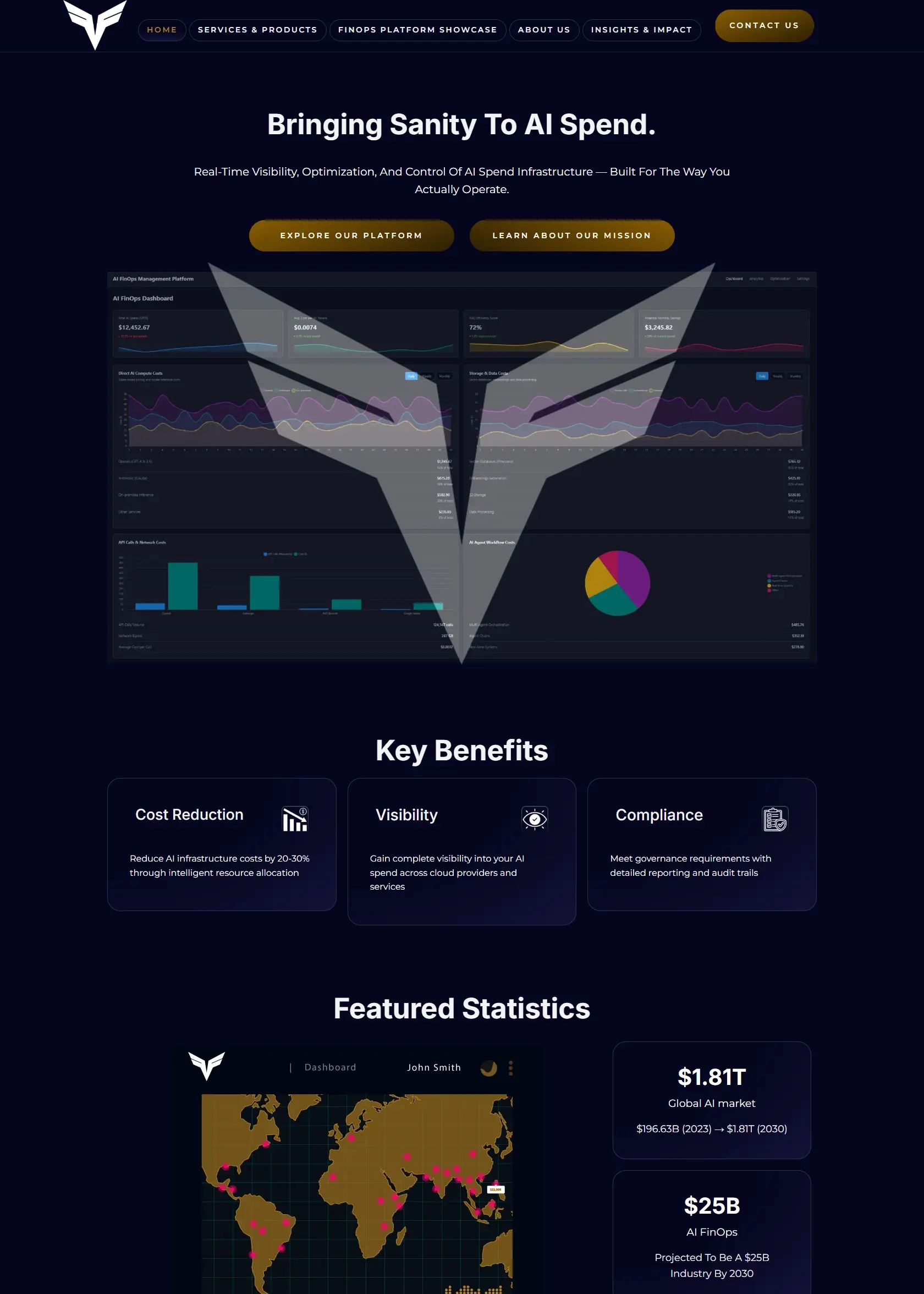Before optimizing your website, you must determine what keywords to target. Keywords are the search terms people type into search engines like Google or Bing. Understanding how users search is crucial to ensuring your content appears in relevant search results.
Why Keyword Research Matters
Search engines try to provide the most relevant results based on user queries, but they struggle to interpret vague searches. This is why people often refine their searches by using more specific keywords.
Effective keyword research helps you understand:
- What users search for
- How often they search for it
- How relevant those terms are to your business
- How competitive the keywords are
Choosing the Right Keywords
Let’s say you sell cars. At first, you might think “car” is the best keyword to rank for. However, this term is too broad—users searching for “car” could be looking for toys, rentals, or repairs. Additionally, high competition makes ranking for generic terms extremely difficult.
Instead, a structured keyword research plan will help you identify:
- Long-tail keywords (e.g., “best electric cars 2024”)
- Transactional keywords (e.g., “buy used cars online”)
- High-converting keywords that match user intent
By analyzing search volume, relevance, and competition, you can select keywords that maximize traffic and conversions.
Final Thoughts
A strong keyword strategy ensures that your content aligns with user searches, improving visibility and driving qualified traffic to your website.



